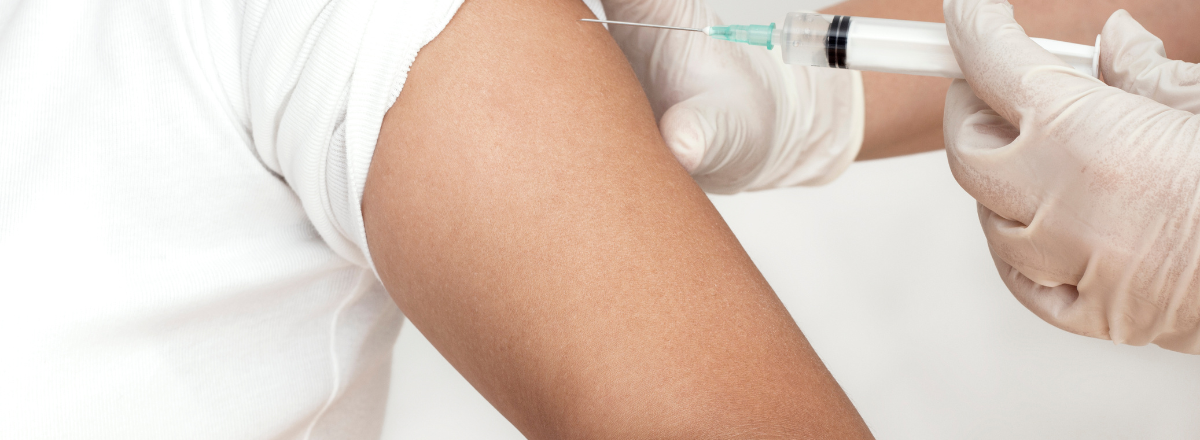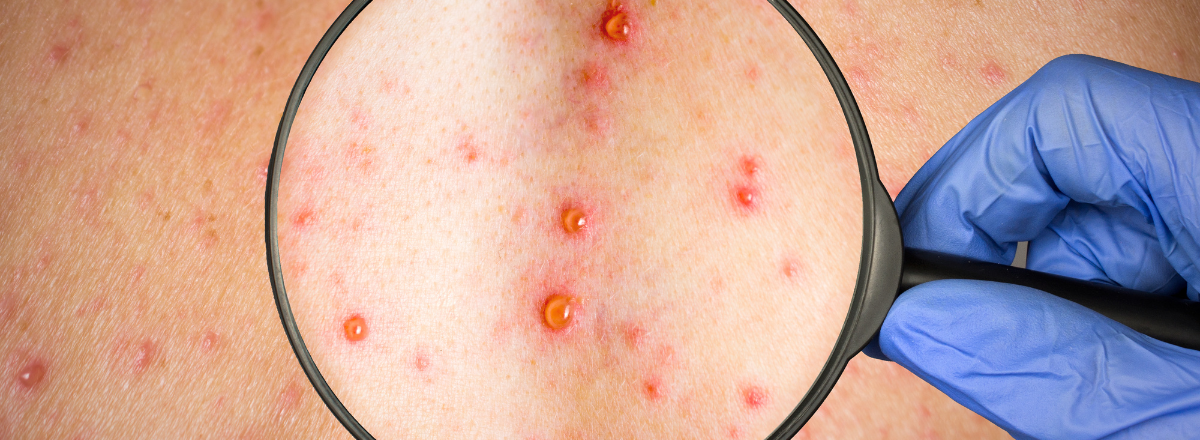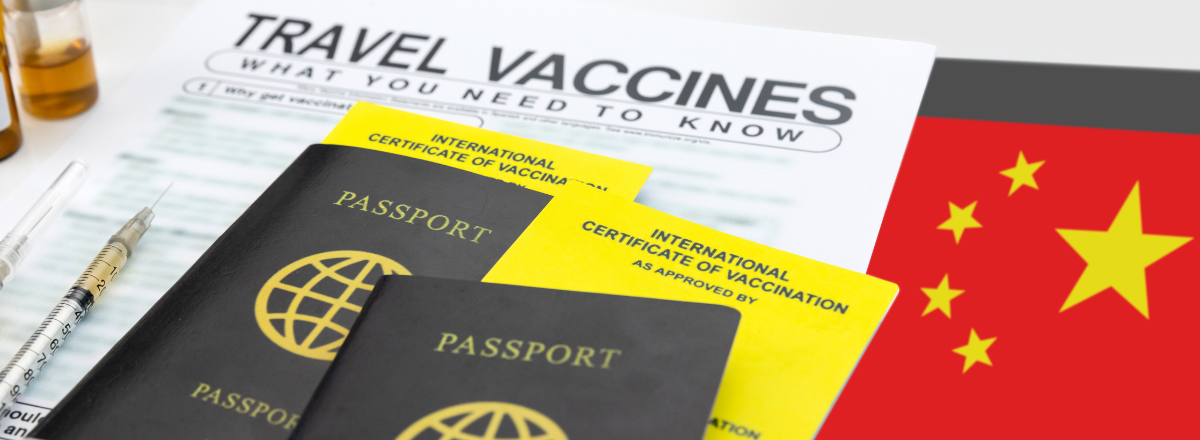We’d never dream of not keeping our kids up to date with their childhood immunisations but even grown ups need their jabs, too. From seasonal boosters to vaccines specific to pregnancy, make sure you know what’s needed and when with this handy reminder.
And remember, vaccines are safe!
‘No vaccine can be approved without extremely strict safety checks,’ says ZoomDoc’s Chief Medical Officer, Dr Kenny Livingstone.
‘The Medicines and Healthcare Regulatory Authority (MHRA) looks at data from clinical trials and has extremely high standards of safety, quality and effectiveness before it will approve a vaccine to become available in the UK. Then, a second body, the Joint Committee on Vaccination and Immunisation (JCVI) will also consider vaccine safety thoroughly before rolling it out to the public,’ he says.
If you’re behind on any of your jabs, it’s never too late to get yours – just talk to your GP about catching up. If you are up to date, here’s what you’ll still need to have on your radar.
COVID
When COVID vaccines were rolled out at the very end of 2020, they were literally life-saving against a potentially fatal strain of COVID-19. Given in two doses roughly eight weeks apart, followed by a third booster when the Omicron strain emerged in 2021, it’s estimated they saved tens of thousands of lives in the UK, and millions worldwide.
But what if you never had your vaccine and still want one? Is it too late?
‘It’s still possible to book a two-dose COVID vaccine if you’ve never had one. However, the booster (third) jabs that give the fullest protection possible are being withdrawn from 12 February (2023) so you’ll need to hurry if you still want to have yours,’ says Dr Kenny.
‘As for seasonal boosters, to protect against winter surges of the virus, these are available for certain groups who should already have been invited for theirs. These include the over 50s, health workers and pregnant women,’ he adds.
If you’ve not had any COVID vaccines, you can book your first two doses via the NHS any time.
Flu
The seasonal flu vaccine is usually rolled out from October. Those eligible for a free vaccine (via the NHS) include over 50s, carers, pregnant women and people with certain health conditions or weakened immune systems.
However, it is possible to pay for a private vaccine if you fall outside of those groups.
‘It’s a good idea to get your vaccine early on in the flu season as it can take about 10-14 days for your body to produce the antibodies and for the vaccine to work. However, if you forget yours or just didn’t get round to it in the autumn, you can still have one at any time during the winter. Don’t assume it’s too late, just ask your GP or pharmacist,’ says Dr Kenny.
HPV
The HPV vaccine was introduced relatively recently, in 2008. It is routinely given to teenage boys and girls at school to help protect against human papillomavirus (HPV), which can cause cervical cancer and some other cancers, as well as genital warts.
If you were eligible for the vaccine but didn’t have it at school, it’s still possible to have the vaccine up to the age of 25. That’s as long as you were born:
- after 1 September 1991 (for girls)
- after 1 September 2006 (for boys).
Pneumonia
A pneumococcal infection is a type of bacterial infection that can cause pneumonia, sepsis or meningitis. This vaccine is given to babies as part of their routine vaccinations at 12 weeks old and 1 year but it’s also available to people over the age of 65 as well as adults with health conditions, such as heart conditions or kidney problems.
‘If you have an elderly relative, make sure they’ve had theirs – they’ll only need it once, not every year like the flu jab,’ says Dr Kenny.
Pregnancy
When you’re expecting a baby your immune system is lower so it’s particularly important to stay up-to-date with your vaccinations.
During pregnancy you’ll be eligible for a seasonal flu jab (given in or around October), which your midwife or GP will be able to do for you.
‘You’re more likely to have complications from the flu when you’re pregnant than when you’re not so it’s vital to have the vaccine to reduce your chance of getting it in the first places,’ says Dr Kenny.
The same goes for COVID – pregnant women will be offered a COVID vaccine during any stage of your pregnancy.
You should also have your whooping cough vaccine, ideally between weeks 16-32 of your pregnancy.
‘This poses no harm to your unborn baby, in fact it actually offers protection against whooping cough once they are born, until they’re around 8 weeks old and can have their own immunisations.,’ says Dr Kenny.
Whooping cough is a serious illness that can cause pneumonia and can be deadly in babies.
Shingles
Most of us will have had chickenpox as a child but the virus that causes it actually stays dormant in our body. If our immune system gets weakened somehow, it can emerge as a nasty illness called shingles, ‘which can be unpleasant and painful in adults,’ says Dr Kenny.
Luckily a Shingles vaccine is available for over 70s at any time of the year.
Tetanus
Tetanus is a serious but rare condition caused by bacteria (commonly found in soil or manure). You can’t catch it from another human but you can get it from animal bites, cuts, grazes and wounds and can cause lockjaw and muscle spasms.
Tetanus is preventable with a vaccine given routinely to babies, toddlers and teenagers so by the time you’re 14 you’ll have had a total of five doses and will be fully vaccinated.
‘Most adults won’t need another tetanus jab unless you get bitten by an animal or experience a deep wound or gash. If you’re not sure whether you’re fully vaccinated or know that you aren’t, it’s a good idea to ask for a tetanus jab to be on the safe side,’ says Dr Kenny.
Although the UK has very low cases of tetanus due to our child immunisation programme, it can be more widespread in other countries so if you’re off travelling, make sure you’ve had a tetanus booster for protection – especially if your last one was more than 10 years ago.
Interestingly, the whooping cough vaccine given to pregnant women (see above) contains some tetanus so this does offer some protection to new mums.
Travel vaccines
Whether you’re going travelling or are jetting off for an exotic holiday, make sure you’ve had any necessary travel vaccinations – and don’t leave it too last-minute, warns Dr Kenny.
‘Some vaccines take time to work before your body develops full immunity so try to have yours at least eight weeks before you go,’ he says.
Not sure which ones you need, if any?
Try NHS Fit To Travel and search by country for which vaccines you should have.
If you are jetting off and need any travel-related medical letters, ZoomDoc offers a range available online, from ‘Fit To Fly’ certificates to ‘Chickenpox Recovery’ letters.
Find the full range of medical letters available same day from just £35 here.
ZoomDoc offers corporate health packages including seasonal flu vaccines for employees. Find out more about how ZoomDoc can help keep your business healthy right here.






